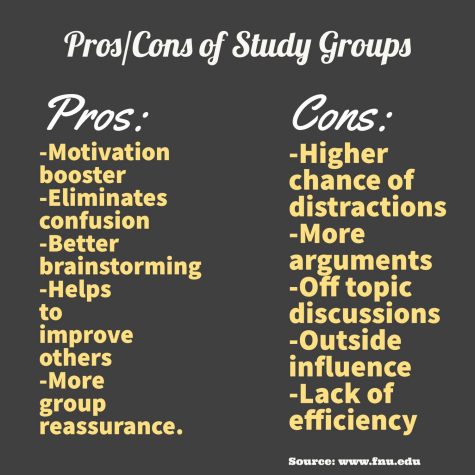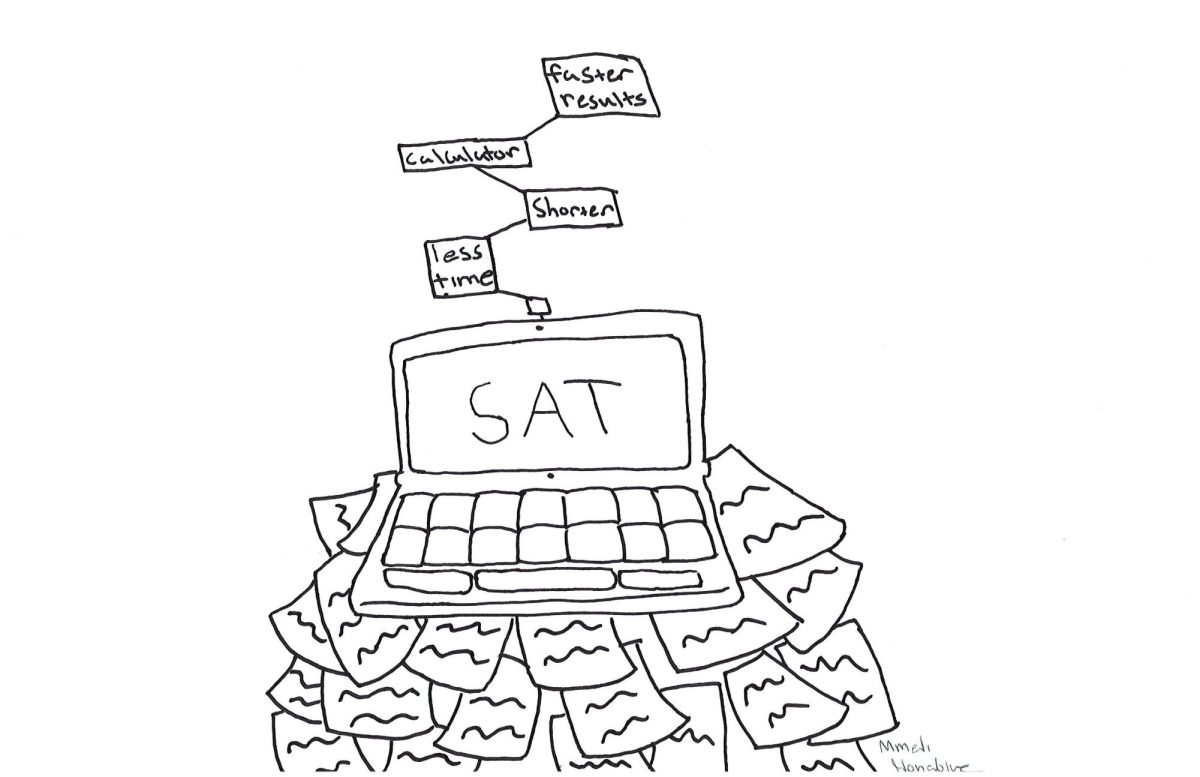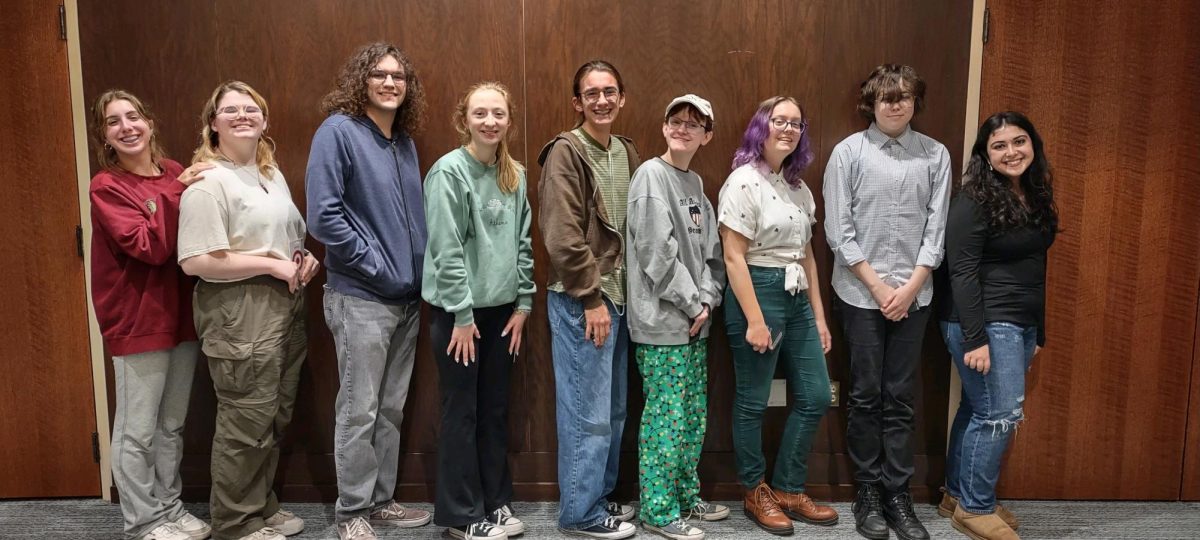Study groups provide solutions, but adds some unwanted drawbacks
September 30, 2020

Online school has provided many obstacles that the student body endures every day. Challenges like staying organized and preparing for quizzes, projects and tests are all elements that have been troublesome for students. These issues are new, and students have come up with some effective solutions to counter their problems.
One way students have counteracted this problem is by creating study groups with their peers. Students gather together at each other’s houses to study and work together in their classes. Study groups have provided many benefits to students like Nate Kocik ‘23 and Sam Cieleska ‘21, to be more efficient and stay motivated. However, there are some negative side effects that have been discovered when working in study groups.
“Usually, when I have a big quiz or test, I study with some friends I have in the class,” Kocik said. “When I have projects, I work with people I have been assigned.”
Kocik also remarked the importance of being with others and how working with others can help to clear up confusions, and help others to catch up on work. He said that working with others helps to make his work deeper and more thoughtful.
“I find my work to be stronger when working with friends than when I do it alone,” Kocik said. “Having more ideas and thoughts helps to improve my work.”
Nevertheless, there can be negatives to working in a group no matter the size. The biggest problem is becoming distracted. Getting off topic can sidetrack the group’s work ethic and provide more problems than solutions. Sam Cieleska said distractions are a major difficulty that interferes with his productivity.
“Sometimes, the groups I’m working with don’t get as much done as we want,” Cieleska said. “Off topic conversations really are the biggest distractions study groups face.”
Another negative effect when working with close friends is the tendency to argue as they disagree more freely with each other. This tends to derail the positive impacts of the study group. Kocik said topical arguments can eat up time for essential work.
“When working with friends, sometimes arguments come up,” Kocik said. “These arguments take away time from studying.”
However, working with friends can help the group express themselves more openly. According to Kocik, this allows for new information to be added to the conversation and more ideas to be presented. He said that working with really good friends helps the group open up and allows for more effective studying to occur.
“With your friends you don’t have to worry about what you say,” Kocik said. “This opens up more ideas as you can more freely talk.”
Both Kocik and Cieleska said that working in groups of friends helps them because they know each other personally and understand each other’s work ethic and abilities. Working together in a group helps to keep a flow of ideas and information going, and also helps those who need support.
“Friends know each other’s work ethic,” Cieleska said. “And they can see that you can do it just as much as the rest.”
As remote learning brings up tough challenges to students, working with study groups can help to alleviate stress. Maintaining a productive approach when with a group is a key to success. Nonetheless, common group distractions sometimes sever this flow of information. Kocik further explained that working with groups helps to establish a line of new ideas and thoughts to those who participate.
“Working with groups helps to bring new thoughts and ideas to people,” Kocik said. “There are more people saying different ideas.”
























































































